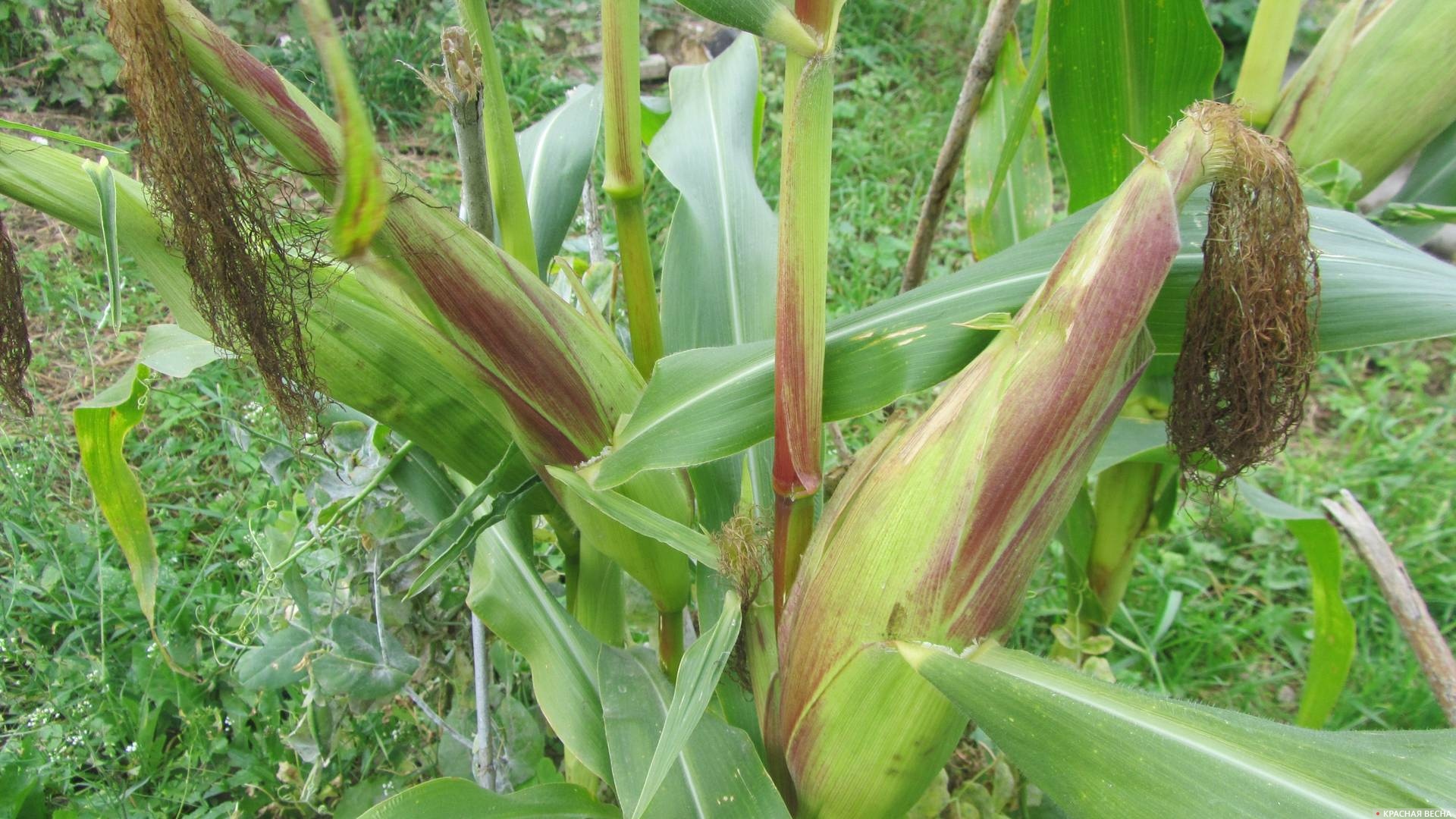
Planting Wengkhar Hybrid Maize 1 (WHM-1) maize has helped farmers in Bhutan double their harvests, according to online platform AgroPages on February 1.
WHM-1 was developed in collaboration with the International Maize and Wheat Improvement Center (CIMMYT) and was the first maize hybrid released in Bhutan to combat the negative effects of high temperatures or heat waves on maize. The hybrid is developed taking into account the characteristics of resistance to heat and drought, as well as resistance to lodging of the stem.
In addition, it has additional characteristics of preserving the vegetation after the ears mature and provides a high yield. The experience with the introduction of the hybrid variety in Bhutan is considered successful, which means that the future production of WHM-1 will increase to meet the national demand and work towards the self-sufficiency of the country.
Maize farmers in Bhutan said that although the seedlings were attacked by the armyworm early in the growing season, the productivity of the crop was not affected as it recovered at a later stage. Growers also found that the hybrid had tight hulls and full kernels, and the corn also proved resistant to lodging.
Farming communities have expressed interest in continuing to use WHM-1. In response, the National Maize Program plans to use the newly released hybrid on a larger scale, which will ultimately help increase the country’s maize self-sufficiency.
Source: Rossa Primavera
I am Michael Melvin, an experienced news writer with a passion for uncovering stories and bringing them to the public. I have been working in the news industry for over five years now, and my work has been published on multiple websites. As an author at 24 News Reporters, I cover world section of current events stories that are both informative and captivating to read.
